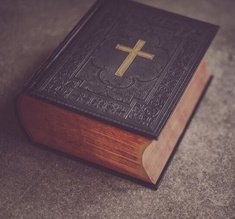Featured Quizzes
User Quizzes
Create Quiz
Data and Charts
Badges and Games
About JetPunk
JetPunk Shop
Dark Mode

Protestantism in the US (by branch)
Name the branch of Protestants in the US based on the description.
Population percentages are from the Pew Research Center, reported here: https://en.wikipedia.org/wiki/Protestantism_in_the_United_States
Rate:
Last updated: December 20, 2023
You have not attempted this quiz yet.
More quiz info >>
| First submitted | December 19, 2023 |
| Times taken | 39 |
| Average score | 56.3% | Report this quiz | Report |
4:00
Enter answer here
0
/ 16 guessed
Time Used
00:00
Best Time
00:00
The quiz is paused. You have remaining.
Scoring
You scored / = %
This beats or equals
% of test takers
also scored 100%
The average score is
Your high score is
Your fastest time is
Keep scrolling down for answers and more stats ...
|
Comments
No comments yet
New and Popular
Save Your Progress
Copyright H Brothers Inc, 2008–2024
Contact Us | Go To Top | View Mobile Site
